3 x 5 ISO 5 Softwall Cleanroom
Reference Price:US$5500.00-8500.00




Cleanroom
3 x 5 ISO 5 Softwall Cleanroom
Choose your installation & validation options below
Quantity:
Choose your Cleanroom frame structure material
Quantity:
Choose your Cleanroom Wall enclosure materials
Quantity:
Choose your Temperature requirements
Quantity:
Choose your humidity requirements
Quantity:
Choose your Explosion-proof requirements
Quantity:
Summary
3 x 5 ISO 5 Softwall Cleanroom
Validation
Installation & Validation
Find Similar Products
-

2 x 3 ISO 5 softwall cleanroom
US$3000-20000 USD/Set
Min. Order:1 Set -

2 x 2 ISO 5 softwall cleanroom
US$3000-20000 USD/Set
Min. Order:1 Set -

4 x 6m ISO 5 Softwall Cleanroom
US$3000-20000 USD/Set
Min. Order:1 Set -

4 x 5m ISO 5 Softwall Cleanroom
US$3000-20000 USD/Set
Min. Order:1 Set -

4 x 4m ISO 5 Softwall Cleanroom
US$3000-20000 USD/Set
Min. Order:1 Set -

3 x 6m ISO 5 Softwall Cleanroom
US$3000-20000 USD/Set
Min. Order:1 Set
Cleanrooms Detail
Softwall cleanroom products are designed for environments that require stringent cleanliness standards, such as the pharmaceutical, semiconductor and biotechnology industries. These products help maintain controlled contamination levels and ensure the safety and integrity of sensitive processes and materials.

Key Features:
High-quality materials: our cleanroom products are made from premium materials that resist contamination and degradation. Commonly used materials include:
Frames: 40x40 industrial aluminum extrusions or stainless steel squares
Polypropylene: lightweight, chemically resistant and easy to clean.
PVC (Polyvinyl Chloride): Provides excellent durability and resistance to chemicals and moisture.
Nylon: known for its strength and flexibility, ideal for a variety of cleanroom applications.
Silicone: Excellent thermal stability and flexibility, commonly used for seals and gaskets.
Electrostatic Discharge (ESD) Protection: Many of our cleanroom products feature ESD characteristics to prevent damage to sensitive electronic components.




Cleanrooms Airflow

Cleanrooms Installation
Cleanrooms Testing

Testing items
The testing items of the clean room mainly include temperature, humidity, air suspended solids concentration, fresh air volume, differential pressure, airflow status and so on.
Testing standard
The cleanliness of a clean room is usually measured in terms of particle count per cubic meter (PCM) or per cubic foot (PCF), and there are different cleanliness standards for different industries and applications.
Testing Equipment
Commonly used equipment for clean room testing includes particle counters, bacterial samplers, differential pressure meters, anemometers, air volume hoods, noise meters, illuminance meters, temperature and humidity meters, etc.
Testing process
The testing process of clean room usually includes signing a contract, arranging on-site sampling, laboratory testing, and issuing a test report.
FAQ
What types of gloves are appropriate for a softwall cleanroom?
In a softwall cleanroom, appropriate gloves include latex, nitrile, and vinyl options. These gloves should be free from powders and contaminants to ensure cleanliness. Material choice depends on specific tasks and sensitivities.
What is the cost of building a softwall cleanroom?
The cost of building a softwall cleanroom varies based on size and specifications. Typically, expenses include materials, installation, and equipment. A rough estimate ranges from $50 to $150 per square foot.
How do you handle waste in a softwall cleanroom?
Waste handling in a softwall cleanroom requires designated containers for hazardous and non-hazardous materials. Staff must follow strict protocols for disposal to prevent contamination. Regular waste removal schedules are essential for maintaining cleanliness.
How to implement a gowning procedure in a cleanroom?
Implementing a gowning procedure involves creating clear guidelines for attire before entering the cleanroom. Staff should be trained on proper gowning techniques, including donning and doffing steps. Regular reminders and visual aids can enhance compliance.
What are the key performance indicators for cleanrooms?
Key performance indicators (KPIs) for cleanrooms include particle counts, airflow rates, and temperature control. Monitoring these metrics ensures compliance with cleanliness standards. Regular reviews help identify trends and areas for improvement.
How do you install a softwall cleanroom?
To install a softwall cleanroom, begin by selecting an appropriate location and layout design. Assemble the framework and secure it to the floor and ceiling. Finally, attach the softwall material, ensuring a tight seal to prevent airflow leaks.
How often should cleanroom monitoring be conducted?
Cleanroom monitoring should be conducted at least daily to ensure air quality and compliance. Regular checks on temperature, humidity, and particle counts are essential. More frequent monitoring may be required based on specific operations and industry standards.
How to design a softwall cleanroom?
Designing a softwall cleanroom involves assessing operational needs and space requirements. Consider airflow patterns, equipment placement, and gowning areas. Flexibility in layout is crucial for adapting to future changes and processes.
What is an air shower in a cleanroom?
An air shower is a specialized chamber that removes contaminants from personnel before entering the cleanroom. It uses high-velocity air jets to dislodge particles from clothing. This process helps maintain cleanroom standards and minimize contamination risks.
What are the best practices for softwall cleanroom design?
Best practices for softwall cleanroom design include ensuring adequate airflow and accessibility. Use non-porous materials to minimize particle generation. Regular assessments and updates to the design can enhance functionality and compliance.
How to choose the right cleanroom supplier?
Choosing the right cleanroom supplier involves evaluating their experience and expertise in the industry. Review previous projects and client testimonials to assess their reliability. Additionally, consider their ability to provide ongoing support and maintenance services.
What equipment is necessary for an ISO 5 softwall cleanroom?
An ISO 5 softwall cleanroom requires HEPA filters, airflow monitors, and climate control systems. Cleanroom furniture and proper lighting are also essential for maintaining a sterile environment. Personal protective equipment is crucial for personnel safety.
How do you train staff for softwall cleanroom environments?
Training staff for softwall cleanroom environments involves comprehensive education on cleanroom protocols and best practices. Regular workshops and hands-on training sessions help reinforce proper procedures. Assessments can ensure understanding and compliance among personnel.
What are common contaminants in softwall cleanrooms?
Common contaminants in softwall cleanrooms include dust, skin flakes, and airborne particles. Chemical residues from equipment can also pose risks. Regular monitoring and cleaning are essential to minimize these contaminants and maintain air quality.
How to choose the right cleanroom layout?
Choosing the right cleanroom layout involves considering workflow, equipment placement, and personnel movement. Ensure that the design promotes efficiency while maintaining contamination control. Flexibility in layout allows for future modifications as processes evolve.
What is the difference between cleanrooms and controlled environments?
Cleanrooms are specifically designed to minimize airborne particles and contaminants, adhering to strict cleanliness standards. Controlled environments may regulate temperature and humidity without the same stringent particle control. The purpose and requirements differ significantly between the two.
What are the differences between unidirectional and non-unidirectional airflow?
Unidirectional airflow provides a consistent flow of clean air in one direction, minimizing contamination. Non-unidirectional airflow lacks this uniformity, leading to potential contamination risks. The choice of airflow type impacts cleanroom design and operational efficiency.
Factory Production Workshop Video
Factory Photo
Product Packaging And International Logistics
Product International Certification

Find Other Common Equipment Recommendations
-

Modular CleanRoom
US$9000-10000 USD/Unit
Min. Order:1 Set -

Air Shower
US$1000.00-5000.00 USD/Unit
Min. Order:1 Set -

Downflow Booth
US$3000-6000 USD/Unit
Min. Order:1 Set -

Clean bench
US$600-2000 USD/Unit
Min. Order:1 Set -

Air Filter
US$3-50 USD/Unit
Min. Order:1 Set -

Cleanroom Wall Panels
US$10-20 USD/sq.
Min. Order:1 Set -
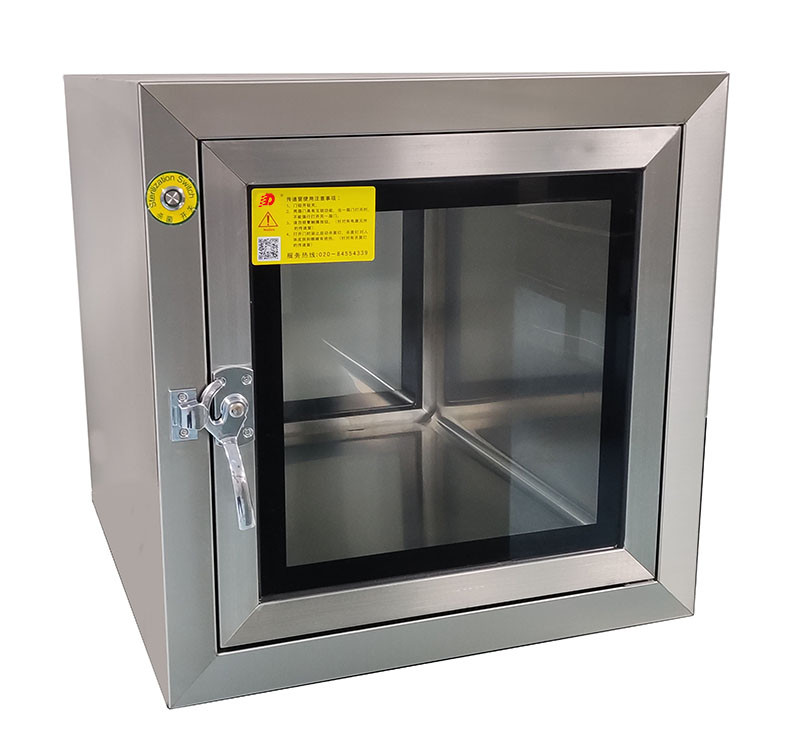
Pass Box
US$200-500 USD/Unit
Min. Order:1 Set -
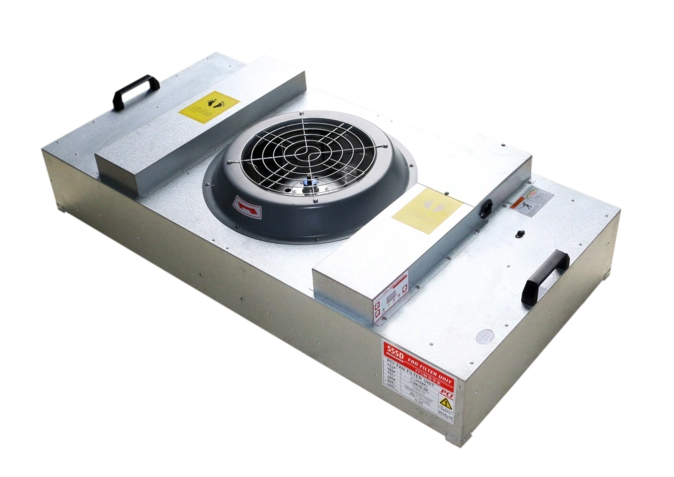
FFU
US$135-350 USD/Unit
Min. Order:1 Set -
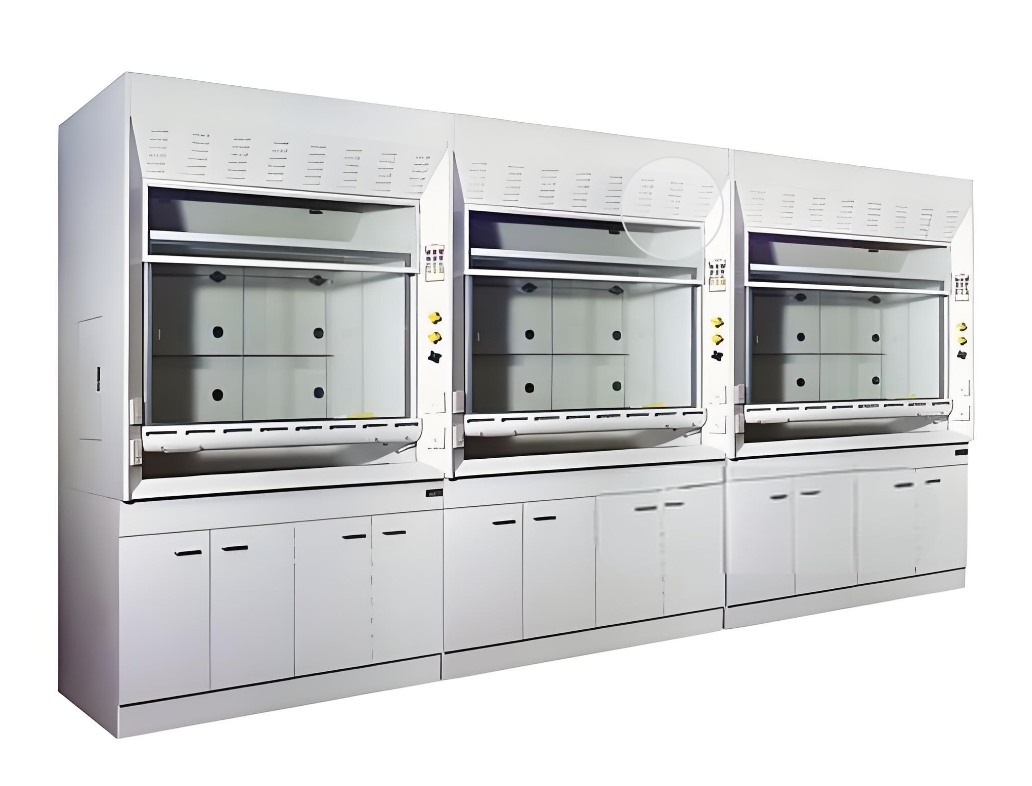
Fume Hood
US$700-1500 USD/Unit
Min. Order:1 Set -
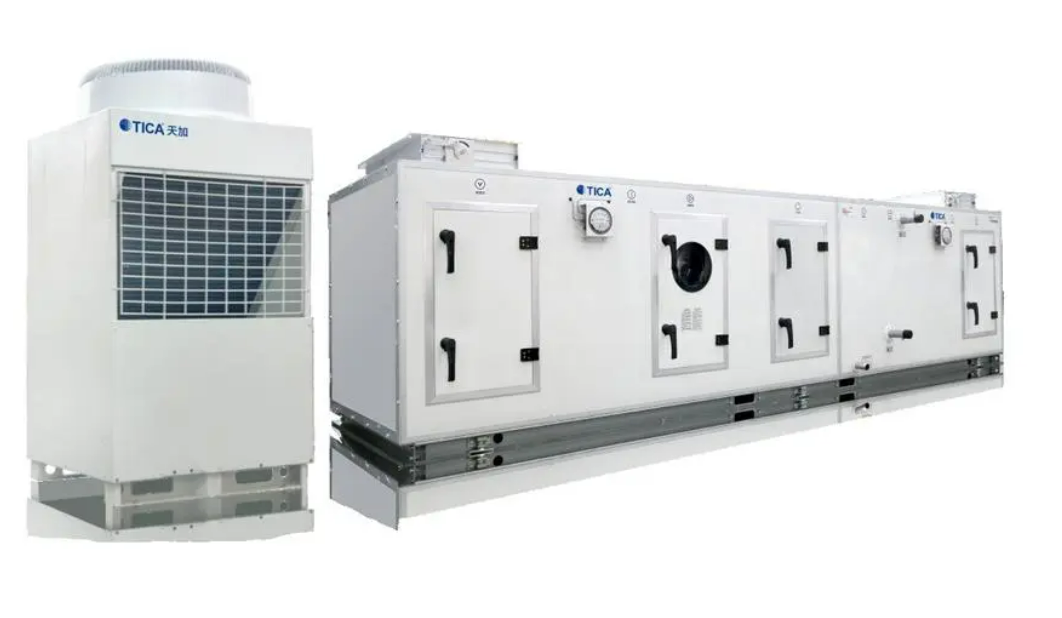
Cleanroom HVAC
US$5000-20000 USD/Unit
Min. Order:1 Set -
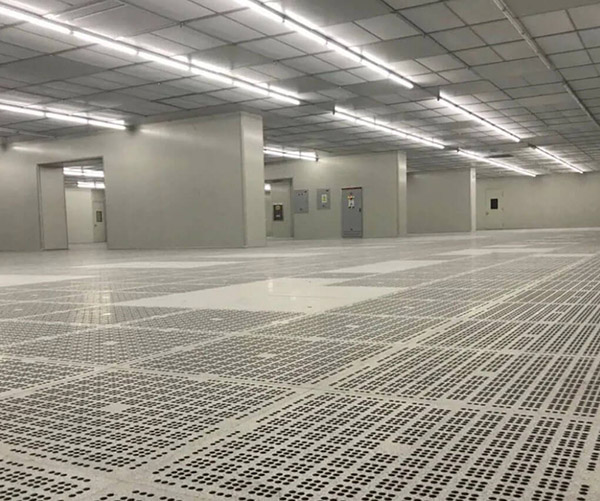
Clean room floor
US$5-20 USD/Sq.
Min. Order:1 Set -
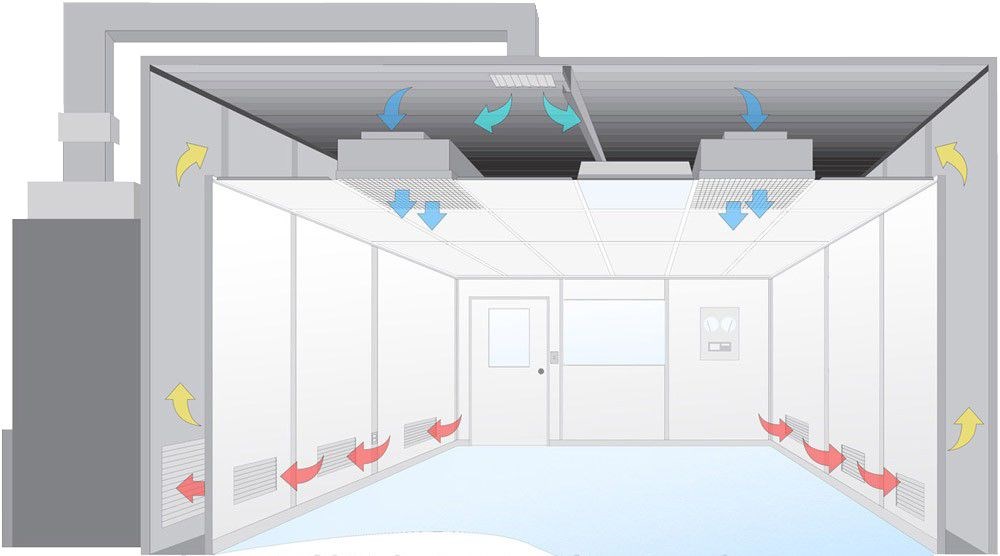
Clean room ceiling
US$
Min. Order:1 Set
 +86 18186671616
+86 18186671616 Jason@cleanroomequips.com
Jason@cleanroomequips.com
 MENU
MENU














